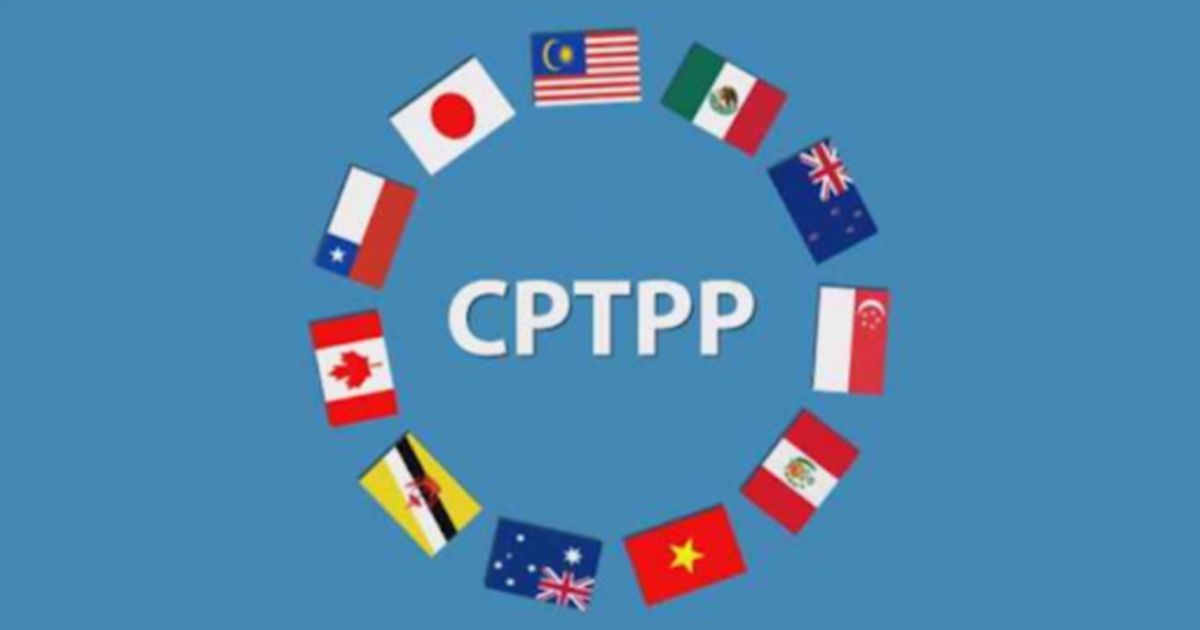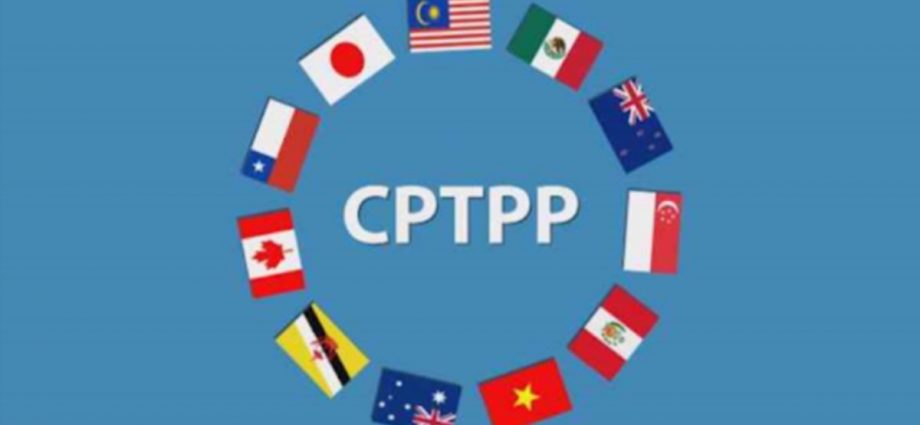
KUALA LUMPUR: Malaysia has officially ratified the Comprehensive and Progressive Agreement for the Trans-Pacific Partnership (CPTPP) following years of careful deliberation and consultation by the government.
“In light of the findings of the Cost-Benefit Analysis (CBA), it is clear that the benefits accruing from the ratification of CPTPP far outweigh any potential costs that may arise from the implementation of this Agreement,” said the Ministry of International Trade and Industry (Miti) in a statement.
“In sum, the CPTPP places Malaysia in a strategic position, elevating our competitiveness in the global arena.
“As a bloc that advances regional economic integration, the CPTPP is also a testament to the significance of the multilateral trading system,” it added.
According to Miti, the CPTPP will broaden Malaysia’s access to new markets such as Canada, Mexico and Peru, which are not covered by any existing Free Trade Agreement (FTA).
This will provide access to a wider range of high-quality raw materials at competitive prices, and increase the country’s attractiveness as an investment destination.
Miti added that the CPTPP will also offer technical assistance and capacity building programmes that are aimed at improving and developing local sectoral capabilities in key industrial areas such as automotives, E&E, chemicals, optical and scientific equipment as well as medical devices.
The CPTTP will also elevate Malaysia’s prominence as a global trading economy and boos total trade to US$655.9bil in 2030.
“In addition, the findings of the CBA also indicate that Malaysia’s exports are projected to reach USD354.7bil in 2030, with trade balance remaining in strong surplus at 8.5% of GDP for the same year,” said Miti.
Under the CPTPP, by January 1, 2033, almost 100% of Malaysian exports to all CPTTP countries will enjoy duty-free treatment.
According to Miti, as soon as the CPTPP enters into force for Malaysia, all of the country’s exports to Australia and Singapore will enter these markets without being subjected to any duties.
Exports to New Zealand and Canada will be duty-free in 2024 and 2029 respectively.
Meanwhile, high duties on key Malaysian exports to Canada and Mexico, which currently range from 15% to 30% will be eliminated immediately.
In addition, Miti said the CPTPP contains trade-facilitative Rules of Origin (ROO) that are designed to support modern business practices and further promote deeper integration of Malaysian businesses into regional supply chains.
“The Agreement allows Malaysian manufacturers to source raw materials from all CPTPP countries for purposes of fulfilling the ROO requirements and consequently, qualifying for reduction and elimination of import duties,” said Miti.
It added that Malaysian companies will also have immediate access to the government procurement markets of other CPTPP countries at much lower thresholds, as compared to the high thresholds committed by Malaysia.
With regards to exports of services, there will be greater mutual recognition of professional qualifications, licensing or registration between CPTPP countries.
“For example, Malaysian accountants, architects, construction managers, engineers, dentists, doctors, nurses, quantity surveyors, and veterinarians are expected to benefit from the facilitation mechanisms offered by the CPTPP, including enhanced mobility through transparent rules governing movement of professionals across borders,” said Miti.

